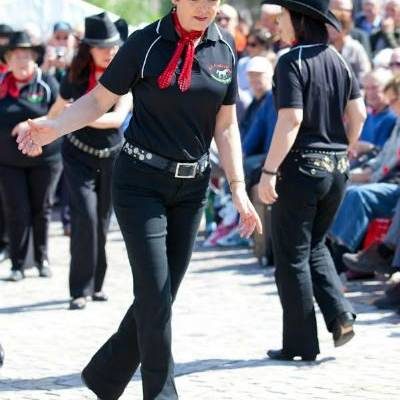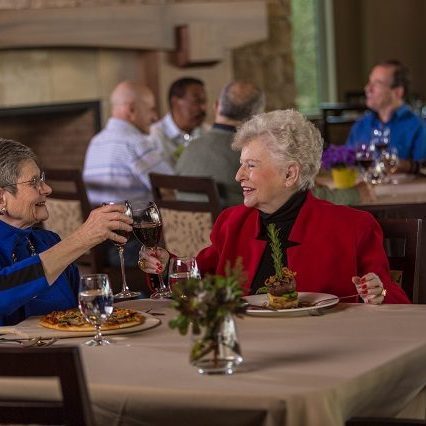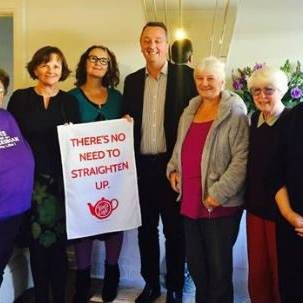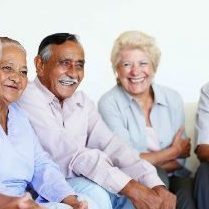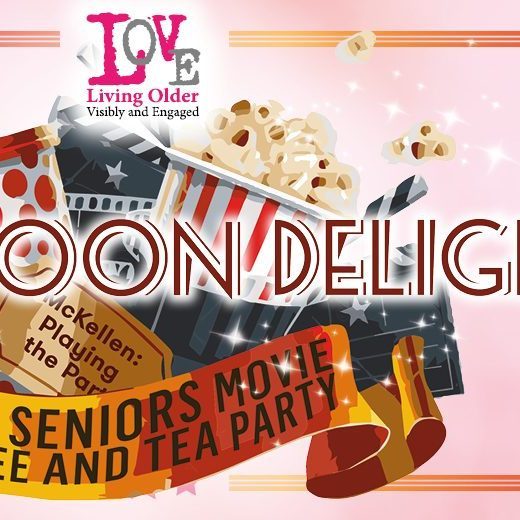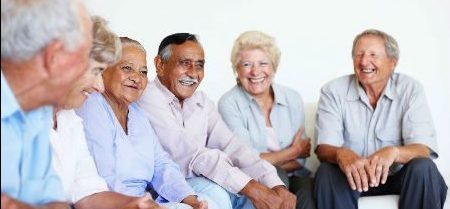 Older members of our LGBTI family have some incredibly powerful, often inconceivable stories to tell about their journey to modern-day freedoms.
Older members of our LGBTI family have some incredibly powerful, often inconceivable stories to tell about their journey to modern-day freedoms.
Accounts of family disownment, vilification and conversion therapies are not uncommon amongst our trailblazing champions. It seems inconceivable that having lived and survived those persecutory times anyone would feel compelled to return to them. This, however, is the unfortunate reality for many of our LGBTI elders accessing age care services.
Aging inevitably brings an increasing need for additional care and support.
For a large proportion of us, this extra assistance is often provided by a person of an unknown capacity to us. The vulnerability around this is substantial, but couple this with a past where exposing your true self has led to segregation, chastisement and abuse, the choice to retreat back to the safety of the closet would understandably appear the safest option.
This retrograde step in one’s life journey has been identified as a major contributor to feelings of depression, heartbreaking loneliness and social isolation.
Working hard to alleviate this is Out & About’ (OaA), a free peer service connecting LGBTI people across Victoria. Out & About is a service of Switchboard and connects LGBTI volunteer visitors with people living at home or in aged care as part of the national ‘Community Visitors Scheme’ funded federally by the Department of Health.
I spoke with Meredith Butler, Outreach and Projects Co-ordinator for OaA. “By building community links and encouraging intergenerational friendships, we match our community visitors with LGBTI seniors based on shared interests and hobbies,” says Meredith.
The matching stage of the process is not underestimated. It is an integral part of the service and is key to pairing individuals successfully.
“If we don’t currently have a volunteer that would match the requirements of the recipient, as well as broadening our own search, we refer to other LGBTI services for additional support to assist us in finding one,” says Meredith.
The pair then engage in regular visits every week or fortnight, either at home or another location. During these visits, activities vary widely led by the recipient’s needs and capabilities.
“We have pairs that go out walking through country Victoria on a regular basis,” says Meredith, “and others who stay at home having a chat over coffee.”
Accessing the OaA service does not rely on recipients being public about their sexual orientation. Privacy is respected, and volunteers are guided by their recipients on an individual basis.
Craig, one of the recipients of the service, is an older gay man living at home. “I live in a rural town where I don’t have any contact with LGBTI people. My partner of 40 years passed away several years ago and I was so lonely. My contact with my Out & About volunteer visitor has been fantastic. It’s as if we have known each other for many long years.”
Kate is an older transgender woman who lives in an aged care facility in Melbourne’s outer South-East: “Coming into residential aged care is a really big adjustment for anybody and it takes time. I feel very isolated, I’ve got really no one I can talk to at the same level … One of the best things that have happened in the last few years is being involved in Switchboard’s Out & About Program.”
Out and About currently has 28 recipients paired with volunteers, with a recent increase in referrals to the service. Meredith believes the reason behind this could be that “OaA also offers free information sessions to health services and aged care facilities to inform staff and residents of the support available to them through the visitor program.”
Social isolation and loneliness have been described as plagues of modern society. Humans are an extremely social species and are born wired for connection. Regular connection to others allows us to maintain a sense of well-being which at the same time significantly enriches our physical and mental health.
For LGBTI seniors a sense of ‘belonging’ is also essential. By nature, we are tribal beings and reconnecting with members of our own flock provides us protection, acceptance and peace.
This is something Meredith is very familiar with. “People have a deep-seated need for a connection from someone from their own community and identity.”

